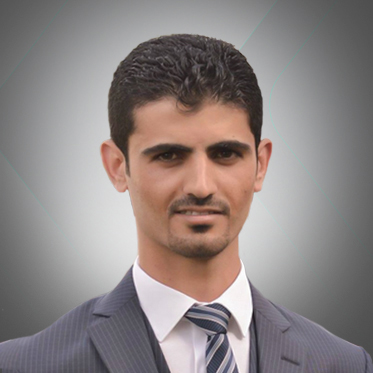Minister: UK encourages Erbil, Baghdad dialogue but cannot mediate
.jpg)
ERBIL, Kurdistan Region (Kurdistan 24) – The United Kingdom’s State Minister for the Middle East on Tuesday said his country would continue its efforts to encourage the Kurdistan Regional Government (KRG) and the Federal Government of Iraq to resolve ongoing disputes between both sides.
In a session on Tuesday, the UK parliament’s Foreign Affairs Committee hosted Alistair Burt, the UK’s State Minister for the Middle East, to discuss Kurdish aspirations in relation to the interests of the UK.
Ties between the Kurdistan Region and Iraq as well as the role of the UK in resolving the disputes between the two sides were also discussed in the session.
Burt stated that his country “retains a very strong interest in Baghdad and Erbil reaching an agreement,” and the UK government would continue to do so.
The British minister encouraged both the KRG and the Iraqi government to find new ways to reopen the airports and resolve border disputes as a step forward for dialogue, adding that this ongoing issue would not benefit the region.
Regarding the role the UK can play in resolving the disputes, Burt said Britain “would not meditate” between Baghdad and Erbil as it is “a sovereign Iraqi matter,” adding that the UK had not received any calls from Baghdad to intervene.
Asked whether the UK objects to an independent Kurdistan in principle, the Minister said if there were a final agreement by the government of Iraq about an independent Kurdish region then that matter would concern the people of Kurdistan and Iraq.
According to the Minister, the Iraqi government’s disregard of the Constitution led the Kurdistan Region to hold an independence referendum in September 2017.
He said the relations between the UK and the Region date back a long time as Kurdistan shares “our values of democracy, tolerance, diversity, and preventing extremism,” adding the UK “has good reasons to maintain such relations.”
Talking about the UK’s diplomatic mission in Kurdistan, Burt noted that his country has “a permanent Consulate General in Erbil that consists of diplomatic staff, an advisor to the Ministry of Defense, an advisor to the Ministry of Peshmerga, and DFID staff working on humanitarian affairs and stabilization efforts.”
He also addressed Iranian influence in Iraq, especially regarding the Iranian-backed Shia Hashd al-Shaabi militias, adding that the UK “wants to make sure Iraq makes its own decisions.”
“We are aware of the activities of the Hashd al-Shaabi in Iraq who take their orders from outside of the country,” he said.
“There is no future if Baghdad’s politics are influenced by a determination from those who wish to see the Kurdish region punished and who wish to gain a political advantage from doing so,” Burt continued.
“We would be deeply concerned if there were evidence that the electoral success in Baghdad was being created at the expense of damage to the Kurdish region,” the Minister concluded.
Editing by Karzan Sulaivany
